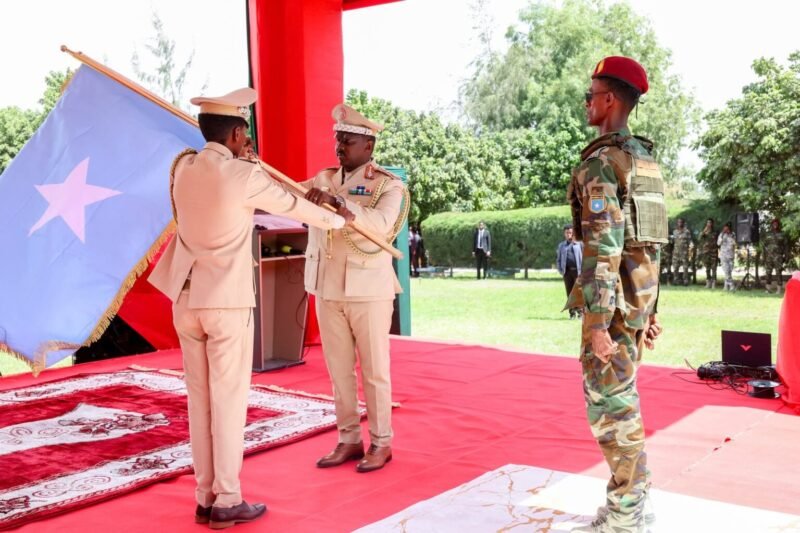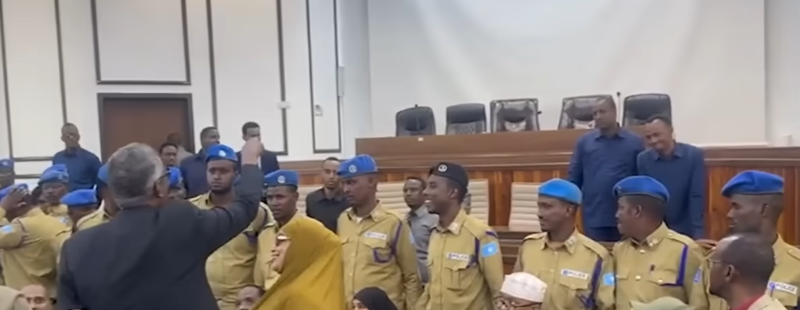Somaliland President Abdirahman Mohamed Abdullahi Irro has issued a presidential decree mandating a 50% annual salary increase for the nation’s security forces, contingent upon the successful implementation of an IRIS Biometric Registration System.
The biometric enrollment is scheduled to commence on February 1, 2025, with a 30-day completion timeline.
This initiative aims to address longstanding issues such as payroll fraud and the presence of “ghost personnel” within Somaliland’s armed forces, custodial corps, and police.
By linking compensation directly to verified identities, the administration seeks to ensure that public funds are allocated solely to legitimate security personnel.
The reform package also includes plans to modernize the military by providing enhanced training and modern equipment to strengthen national security.
President Irro has emphasized the importance of establishing a national army with the latest training and modern weapons, capable of securing Somaliland’s borders, airspace, and seas.
However, the administration’s decision to retain existing security leadership has raised questions about its commitment to comprehensive reform.
Major General Nuh Ismail Tani continues as Chief of Staff of the Somaliland Armed Forces, despite criticism over the military’s declining operational capacity during his decade-long tenure.
Similarly, Police Commissioner Brigadier General Mohamed Adan Saqadhi (Dabagale) remains in his position, notwithstanding past allegations of civil rights abuses.
The ambitious 30-day implementation timeline for biometric registration presents significant challenges, particularly in enrolling personnel stationed in remote and conflict-affected areas.
Resistance from entrenched interests benefiting from current payroll practices may further complicate the process.
Critics point to deteriorating equipment, logistical inefficiencies, and low troop morale as evidence of systemic neglect under the current leadership’s watch.
This initiative represents a critical test of President Irro’s governance agenda.
While the salary increases acknowledge the vital role of the security forces, the emphasis on biometric registration signals a broader push for institutional modernization.
Success will depend on the administration’s ability to overcome logistical hurdles and navigate resistance from within the security establishment.
The success of this initiative will not only determine the effectiveness of the security sector reforms but also shape public perception of President Irro’s broader governance capabilities.
As Somaliland strives for increased transparency and accountability, the coming months will reveal whether these reforms represent genuine change or merely surface-level adjustments to long-standing institutional problems.




